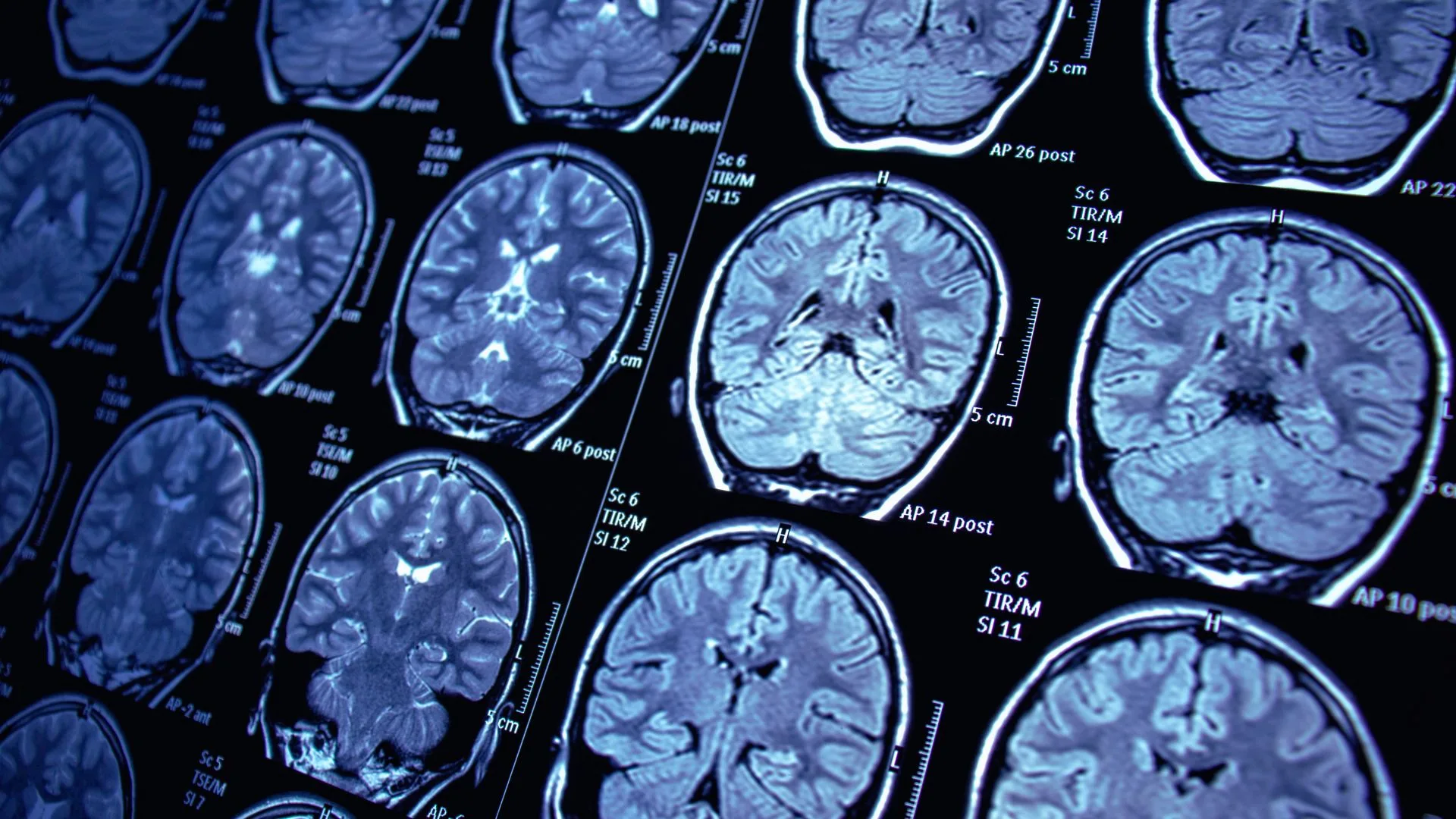Neuromodulation technologies are changing how we treat conditions like chronic pain, epilepsy, depression, and movement disorders. From spinal cord stimulators to implantable brain-computer interfaces, these devices represent the cutting edge of MedTech innovation. However, their clinical potential is matched by significant regulatory scrutiny. Neuromodulation devices—often classified as Class III—must meet the highest standards for biocompatibility, material stability, and performance safety. Validation is thus the foundation of approval and market entry for MedTech companies. That’s where Jordi Labs, part of RQM+, comes in. By delivering high-fidelity analytical data and expert consulting, Jordi accelerates validation processes and helps innovators achieve regulatory readiness.
Why Neuromodulation Requires Rigorous Validation
Neuromodulation devices are designed for long-term interaction with the nervous system. As a result, regulators demand comprehensive validation to ensure safety and performance over time.
Key validation requirements include:
- Full chemical characterization of body-contacting components
- Demonstration of long-term material stability under physiological conditions
- Verification of electrical performance, insulation durability, and signal reliability
- Proven biocompatibility in accordance with ISO 10993 standards
Failure to deliver robust validation data can result in costly delays to clinical trials, FDA approval, or CE marking.
Common Validation Challenges in Neuromodulation
1. Chemical Characterization
Regulators require detailed extractables and leachables (E&L) profiles for every material that contacts the body. This includes coatings, insulators, adhesives, and wires. For devices in this category, novel and/or complex materials are often used. Deep polymer chemistry expertise is required to ensure accurate results.
2. Material Stability
Materials must maintain integrity over time—especially in dynamic environments like spinal or cranial cavities. Degradation, delamination, or leaching can compromise safety.
3. Device Aging and Degradation
Understanding how neuromodulation devices respond to heat, moisture, bodily fluids, and electrical stimulation is crucial for long-term risk assessment.
4. Failure Investigation
When devices underperform, manufacturers must identify and eliminate root causes. These may include process residues, contamination, or formulation instability.
How Jordi Labs Enables Faster, Safer Validation
1. Expert-Led E&L Testing and Chemical Characterization
Jordi Labs is an industry leader in E&L analysis, polymer chemistry, and unknown compound identification. Their proprietary methods are:
- Compliant with ISO 10993-18 and FDA guidance
- Frequently referenced in regulatory approvals
- Capable of detecting ultra-trace-level contaminants
With over 60 analytical platforms—including LC-MS, GC-MS, ICP-MS, Headspace GC-MS, FTIR, and SEM—Jordi delivers actionable, submission-ready chemical safety data.
2. Support for Material Selection and Aging Studies
Jordi Labs helps engineering and R&D teams select the right materials from the start—preventing costly redesigns later in development.
Capabilities include:
- Screening polymers and metals for stability and biocompatibility
- Conducting accelerated aging to simulate long-term exposure
- Assessing chemical changes that signal performance degradation
These insights help de-risk design choices and strengthen technical files.
3. Rapid Failure Analysis and Corrective Action Support
When a device fails in testing or clinical use, Jordi responds with forensic-grade analysis to identify the root cause.
Typical scenarios:
- Discoloration of encapsulants or coatings
- Unexplained residues or particles in packaging or on components
- Mechanical failure due to chemical degradation
- Degradation due to harsh sterilization conditions
Their results inform corrective actions that reinforce both product safety and quality management systems.
4. Regulatory Documentation That Speaks Regulator Language
Beyond testing, Jordi delivers polished reports aligned with regulatory expectations, streamlining the review process.
Benefits include:
- Easy integration into FDA 510(k), De Novo, and PMA submissions
- Compatibility with EU MDR and IVDR requirements
- Reduced need for follow-up questions from agencies
Clients report faster reviews and higher acceptance rates thanks to Jordi’s credibility and precision.
Powered by Integration: Jordi Labs and RQM+
As part of RQM+, Jordi Labs offers more than analytical services—they’re part of a full-service consulting ecosystem that spans regulatory strategy, clinical development, quality systems, and market access.
This integration enables:
- Early alignment between testing and submission strategy
- Seamless handoffs between scientific and regulatory teams
- Efficient, end-to-end support from bench to bedside
Together, RQM+ and Jordi Labs reduce complexity, accelerate development, and improve outcomes for neuromodulation innovators.
Closing Thoughts
Validating neuromodulation devices requires more than lab testing—it demands scientific depth, regulatory fluency, and real-world agility. Jordi Labs delivers all three. Their advanced chemical analysis, combined with submission-ready documentation and strategic alignment through RQM+, helps MedTech teams move faster, smarter, and with greater confidence. As neuromodulation shapes the future of medicine, Jordi ensures that tomorrow’s breakthroughs meet today’s standards for safety and performance.
